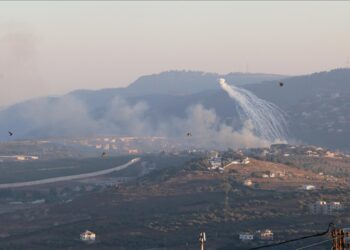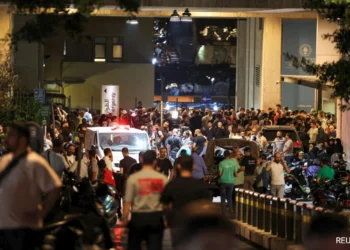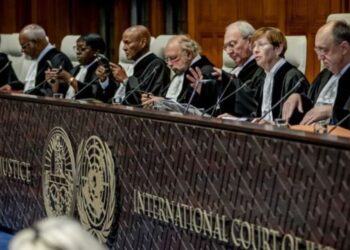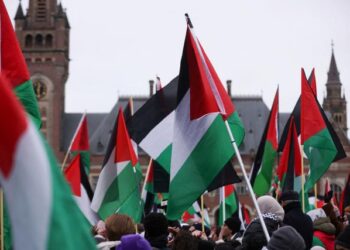Human Lives Human Rights: Israeli television recently reported that Prime Minister Naftali Bennett has discussed the expansion of settlements in the West Bank with Israeli Defense Minister Benny Gantz to prevent the collapse of his government.
The source noted that Bennett, following the resignation of Idit Silman, a member of the Israeli Knesset from the Yamina party, feared further escalation of divisions within the governing coalition and sought to expand settlements in the West Bank, and for this purpose, he has decided to consider the proposal of the Knesset representative of his party, Nir Orbach, regarding the expansion of settlements.
Israeli television also reported that Gantz had told Bennett that he was ready to convene a meeting of the High Council for Planning and Construction to approve new settlement plans in the West Bank. However, he said that doing so would be time consuming.
Regardless of the Bennett administration’s political motives for continuing the settlement project in the Occupied Palestinian Territories, it should be noted that the project existed in all Israeli governments and is not limited to the Bennett coalition government.
In this case, the Israeli government, as in other cases, disregarding the international community and the principles and norms of international law, with the full support of the US government, will continue to build settlements in the territories occupied in the 1967 Six-Day War.
While the international community considers the two areas of the West Bank and the Golan Heights to be Israeli-occupied areas, Tel Aviv continues to build settlements in these areas. The International Court of Justice in The Hague declared Israeli settlements illegal in its 2004 advisory decision on the construction of the retaining wall.
Therefore, according to international principles and norms, the territories occupied in the Six-Day War of 1967 are only Israeli-occupied territories and not within its recognized territory. Tel Aviv is therefore recognized as the occupying power of the Golan Heights and the West Bank under the Fourth Geneva Convention of 1949, which it acceded to in 1951.
Accordingly, Israel’s action in settling and forcibly relocating the indigenous population of these areas is considered a war crime based on the norms of the International Criminal Court.
The Fourth Geneva Convention also prohibits the settlement of the civilian population of the victorious country in the occupied territories. However, in justifying the settlement of Jewish civilians in the Palestinian territories, the Israeli governments do not consider the legal status of these territories to be in accordance with the provisions of the Geneva Convention and claim that these territories did not have recognized sovereignty before the Six-Day War. Therefore, it is not necessary to comply with the provisions of the Geneva Convention.
On the other hand, at the beginning of 2022, the Israeli cabinet presented a plan according to which 3,300 housing units are to be built in the Golan Heights, including the settlements of Meitar towns, in the next 5 years. It is also planned to build 4,000 units in the old settlements of the Occupied Territories, thus increasing the population of Jewish settlers in the area from 33,000 to 50,000 over the next four years.


















